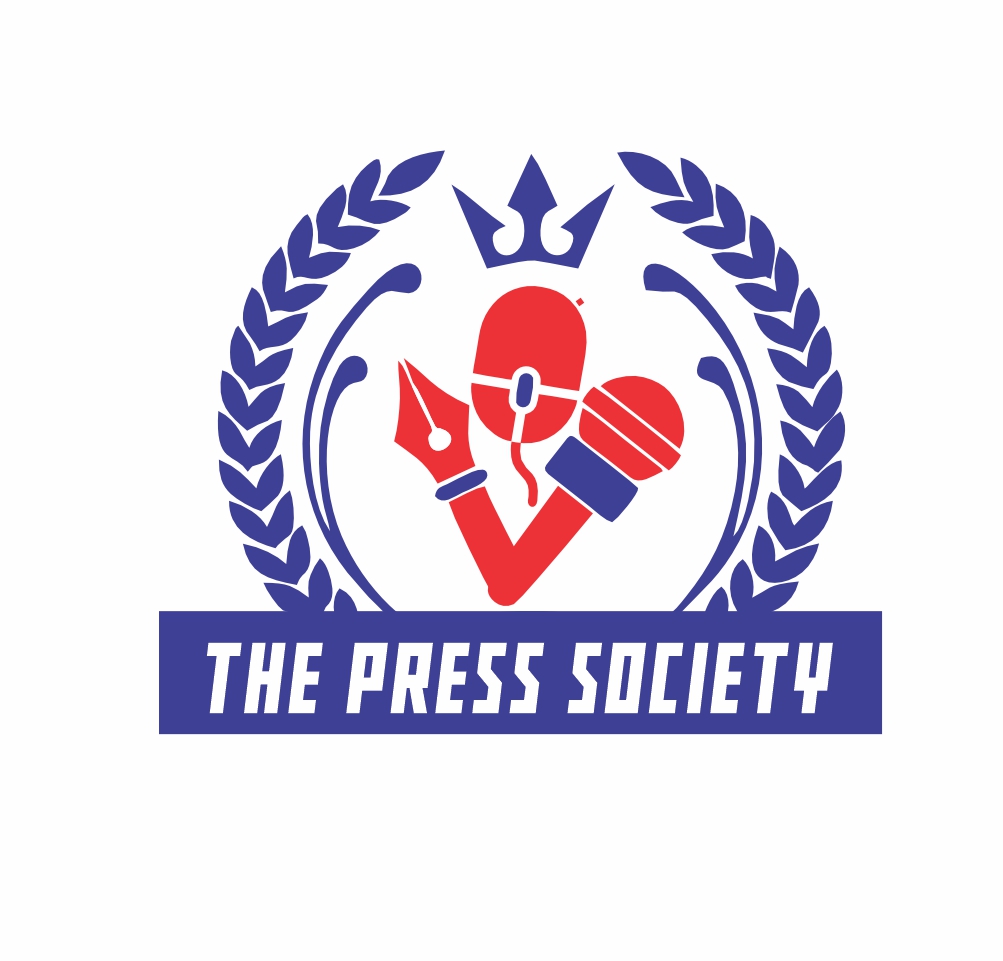 In a dramatic escalation of tensions between academia and politics, Harvard University has filed a federal lawsuit against the Trump administration following an unprecedented move by the Department of Homeland Security (DHS) to revoke the university’s authorization to enroll international students. The decision, announced on May 23, 2025, has sent shockwaves through the academic world and ignited fierce debate on immigration, free speech, and the future of global education in the United States.
In a dramatic escalation of tensions between academia and politics, Harvard University has filed a federal lawsuit against the Trump administration following an unprecedented move by the Department of Homeland Security (DHS) to revoke the university’s authorization to enroll international students. The decision, announced on May 23, 2025, has sent shockwaves through the academic world and ignited fierce debate on immigration, free speech, and the future of global education in the United States.
The DHS claimed its revocation stemmed from “campus safety concerns,” allegations of rising antisemitism, and suspected foreign affiliations—a reference many critics believe is rooted more in political maneuvering than substantive evidence. The agency accused Harvard of failing to sufficiently address unrest and of shielding student activities and affiliations from federal scrutiny. But Harvard’s leadership insists the administration’s actions are nothing more than political retaliation against one of the most prestigious academic institutions in the world.
Harvard’s legal team swiftly filed a complaint in the U.S. District Court in Massachusetts, calling the administration’s move “unconstitutional, punitive, and dangerously disruptive” to both students and faculty. The university also alleged the decision was a direct response to its refusal to turn over confidential student records and implement federal oversight mechanisms that could compromise academic independence and privacy.
Harvard’s president, Claudine Gay, stated in an official release:
“This administration’s actions undermine the very foundations of our educational system. They are not about safety—they are about control, suppression, and intimidation. We will not yield.”
In a crucial victory for Harvard, U.S. District Judge Allison Burroughs issued a temporary restraining order blocking the federal government’s enforcement of the revocation, allowing the university to continue admitting and supporting international students—at least for now.
“The university stands to suffer immediate and irreparable harm,” Judge Burroughs noted, emphasizing the potential long-term consequences for thousands of students, research initiatives, and America’s reputation as a global academic leader.
This lawsuit is only the latest flashpoint in what observers describe as an ongoing ideological war between Donald Trump’s second-term administration and elite academic institutions, particularly Ivy League universities.
The administration has also:
-
Frozen over $200 million in federal research grants to Harvard and several other schools;
-
Initiated an IRS review of Harvard’s tax-exempt status;
-
And pushed for greater surveillance of student activism and faculty governance structures, citing national security concerns.
Political analysts believe these measures are part of a broader effort to reshape higher education along ideological lines, appealing to Trump’s populist base and casting elite institutions as out-of-touch liberal bastions.
Harvard currently hosts more than 6,000 international students and is a magnet for global academic talent. Many fear that moves like these will deter future applicants, unravel years of international academic collaboration, and weaken America’s educational influence abroad.
The Harvard International Students Association issued a joint statement expressing relief at the temporary legal reprieve but warned of growing uncertainty:
“This is bigger than Harvard. This is about whether international students are still welcome in America. We urge the global academic community to stand in solidarity.”
Social media has erupted with hashtags like #StandWithHarvard, #ProtectAcademicFreedom, and #NoToVisaPolitics, with scholars, students, and civil liberties organizations condemning the administration’s actions.
The temporary court order is just the beginning. The case is expected to move swiftly through the courts, with the potential to reach the Supreme Court, given its implications for immigration policy, education governance, and constitutional protections.
Harvard, meanwhile, is mobilizing a coalition of universities, legal experts, and advocacy groups to push back against what it describes as a campaign to weaponize federal authority against dissenting institutions.
For now, the world watches as one of America’s oldest universities goes toe-to-toe with its most polarizing political figure—a battle that may redefine the future of American higher education.





